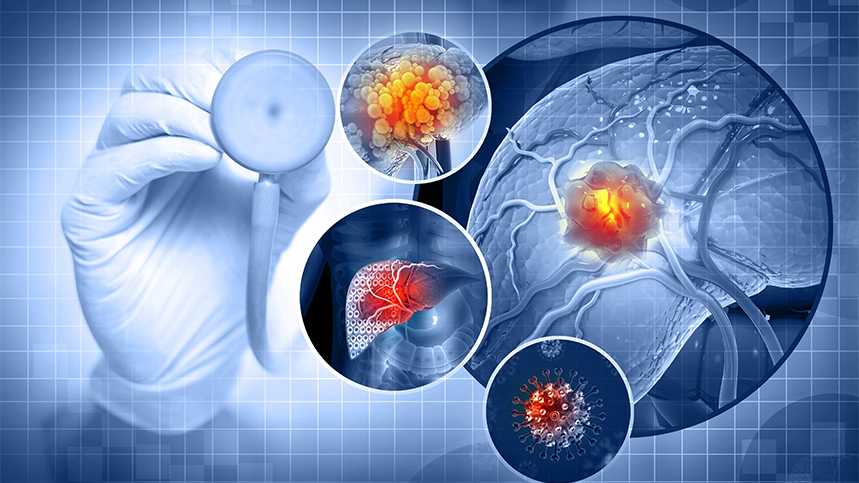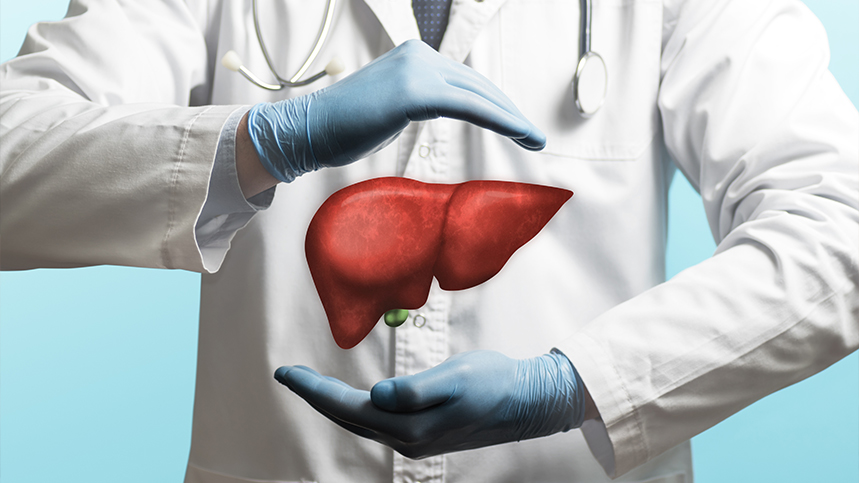

In recent years, there has been an increased interest in precision medicine as a means of achieving better outcomes for patients with cancer. One of the tools that have emerged in this field is the use of immunohistochemistry (IHC) panels to tailor cancer treatment. IHC panels allow cancer pathologists to analyze the type and concentration of specific proteins present in tumor cells. This information is used to inform treatment decisions, enabling the doctor to prescribe therapy that is tailored specifically to a patient's unique cancer.
What is an IHC panel, and how are they used?
Immunohistochemistry (IHC) is a laboratory technique that enables pathologists to identify specific proteins in tissue samples. IHC panels are a set of antibodies designed to bind to specific proteins found in cancer cells, such as IHC - Breast hormone receptor panel (ER, PR, HER2Neu). By using IHC panels, pathologists can quickly identify the type and concentration of proteins in a tumor sample, which can provide valuable information about a patient's cancer.
IHC panels are used to inform treatment decisions by helping doctors understand the unique characteristics of a patient's cancer. For example, an IHC panel can identify the presence of a protein that makes a tumor receptive to a specific type of chemotherapy. In such cases, the doctor can prescribe that chemotherapy regimen instead of one that may be less effective.
What are the main benefits of IHC Panels?
One of the main benefits of IHC panels is that they provide clinicians with a wealth of information about a patient's cancer. Specifically, IHC panels enable the doctor to understand the unique molecular characteristics of a tumor, which can inform treatment decisions and help patients achieve better outcomes. In addition, IHC panels allow drugs to be more accurately chosen, reducing toxicity and allowing patients to receive the most effective treatment possible.
Another advantage is that IHC panels are relatively easy to perform, and the cost is relatively low compared to other precision medicine techniques such as genetic sequencing. In fact, IHC panels are often performed as part of routine pathologic diagnosis and require little additional time or resources beyond what is typically required for a biopsy.
What are some of the challenges associated with IHC Panels?
Despite the many benefits of IHC panels, there are also some challenges associated with their use. One of the primary challenges is that different labs may use different antibodies or protocols, which can lead to variability in the results. To address these issues, many regulatory bodies have developed guidelines for IHC panel testing and interpretation. These guidelines aim to standardize the testing process, ensuring reliable and accurate results.
Conclusion
IHC panels are a valuable tool in the fight against cancer. By analyzing the type and concentration of specific proteins in tumor cells, pathologists can provide clinicians with valuable information that can be used to inform treatment decisions. Although there are some challenges associated with their use, IHC panels are an affordable and accessible way to tailor cancer treatment for better outcomes. As researchers continue to develop and refine new IHC panels, we are likely to see increased use of this technique for precision medicine in the years to come.
WANT TO BOOK HEALTH CHECKUP ?
Recent Blogs
Understanding Hepatocellular Carcinoma: Diagnosis and Staging
Hepatocellular carcinoma (HCC) is a type of liver cancer that usually affects individuals...
30-11-2023
Protecting Your Skin: Vital Tips for Sun Safety and Self-Examinations
Summer is here, and we all are ready to soak up some sunshine after long and dreary winter...
30-11-2023
Preventing Liver Cancer: The Role of Hepatitis Vaccination
Liver cancer is a deadly disease that affects millions of people worldwide. While there...
30-11-2023









